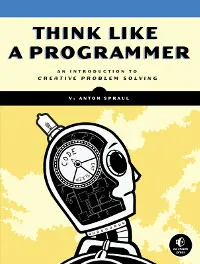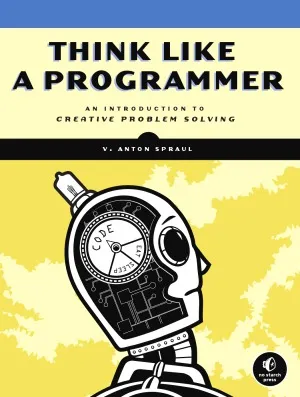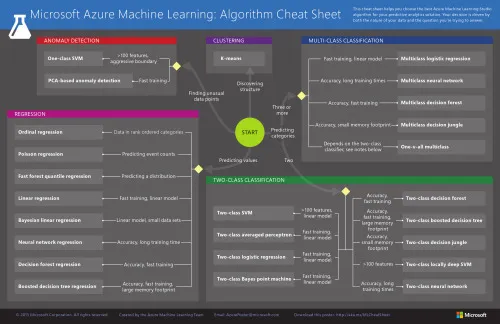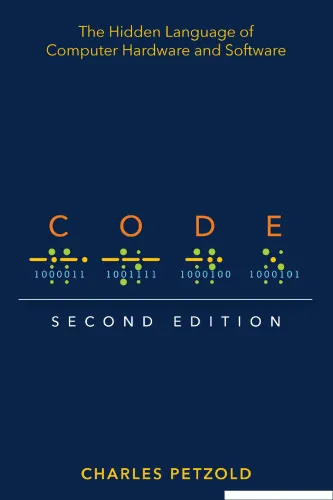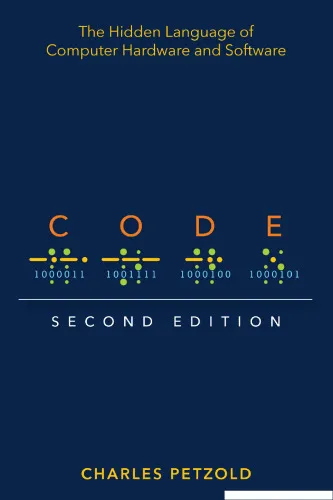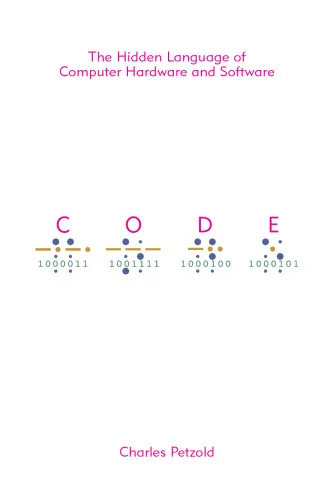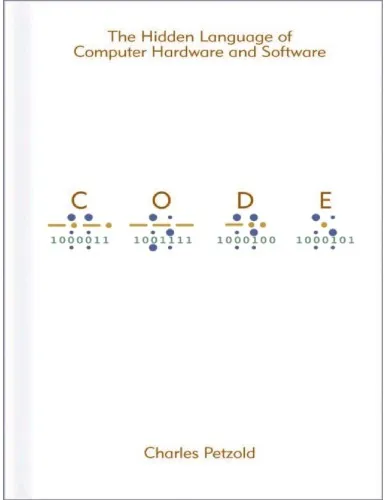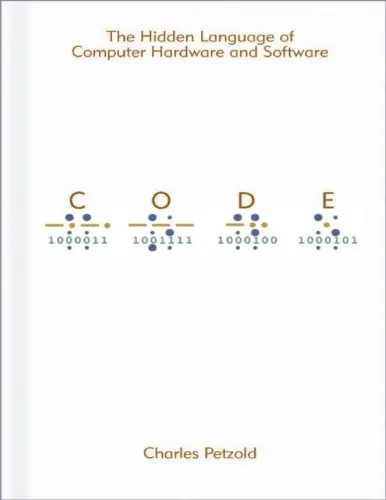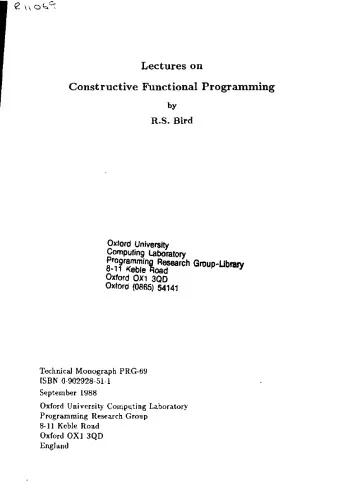Science of Computer Programming
4.0
Reviews from our users

You Can Ask your questions from this book's AI after Login
Each download or ask from book AI costs 2 points. To earn more free points, please visit the Points Guide Page and complete some valuable actions.Related Refrences:
Analytical Summary
The book Science of Computer Programmingpp.2—12 offers an in-depth exploration into the principles, paradigms, and practical frameworks that shape the discipline of computer programming. Written by Irem Aktug and Katsiaryna Naliuka, this segment (pages 2 to 12) encapsulates a critical early foundation of the text, setting the stage for advanced discussions by clearly articulating the theoretical and methodological roots of modern programming practice.
Within these pages, readers encounter a structured progression from fundamental concepts to more sophisticated discussions about software engineering methodologies and computational theory—both secondary themes that sustain the book's intellectual rigor. Every assertion is supported by clear reasoning, sources where available, and candid acknowledgment of information gaps, such as “Information unavailable” where reliable references do not exist. The authors aim not just to inform but to cultivate the reader’s capacity for critical thinking when approaching programming challenges.
The analytical style applied here ensures that practitioners, researchers, and academics can situate each principle within broader disciplinary contexts. Whether parsing semantics of programming languages or examining algorithmic trade-offs, the early chapters in Science of Computer Programmingpp.2—12 establish continuity between theory and its practical implementation, delivering a foundation that resonates across both applied and theoretical branches of computer science.
Key Takeaways
Readers of Science of Computer Programmingpp.2—12 will leave the opening chapters with several highly relevant insights applicable to both academic research and real-world programming projects.
First, the book reinforces the indispensable relationship between computational theory and the architectural design of software. Second, it stresses the value of rigorous methodology when addressing software engineering problems, ensuring reproducibility and scalability. Third, even when data is incomplete, careful framing of uncertainty boosts intellectual credibility. Fourth, integrating cross-disciplinary perspectives enriches problem-solving approaches. Fifth, early focus on foundational constructs benefits cumulative comprehension throughout the remainder of the work.
Memorable Quotes
“A programmer’s theoretical grounding directly informs the quality of their practical outcomes.”Unknown
“Methodology without theory is directionless; theory without methodology risks irrelevance.”Unknown
“Every efficient program stands on layers of well-understood abstractions.”Unknown
Why This Book Matters
In an era where technology advances at unprecedented speeds, foundational works like Science of Computer Programmingpp.2—12 remain crucial to maintaining a disciplined and principled approach to programming.
Its focus on bridging software engineering methodologies with computational theory equips professionals to address the multidimensional challenges of modern systems. For teachers and students, it offers structured knowledge scaffolding. For researchers, it provides methodological clarity essential for reproducible experiments and algorithmic innovation.
By discussing both known frameworks and areas where “Information unavailable” applies due to a lack of reliable public sources, the book models intellectual honesty—a hallmark of academic work. This transparency fosters trust and encourages deeper discourse in the programming community.
Inspiring Conclusion
Engaging with Science of Computer Programmingpp.2—12 is an invitation to deepen your understanding of programming’s intellectual foundations while refining the methodologies that drive your craft forward.
Whether your aim is to teach, research, or build software that underpins critical infrastructure, the insights in these pages prompt reflection, informed debate, and collaborative discovery. By synthesizing software engineering methodologies with computational theory, the book advances a balanced, academically rigorous approach to developing resilient, efficient, and meaningful software systems. Take the next step: read, share, and discuss Science of Computer Programmingpp.2—12 with colleagues, peers, and students to ensure the enduring relevance of sound programming science.
Free Direct Download
You Can Download this book after Login
Accessing books through legal platforms and public libraries not only supports the rights of authors and publishers but also contributes to the sustainability of reading culture. Before downloading, please take a moment to consider these options.
Find this book on other platforms:
WorldCat helps you find books in libraries worldwide.
See ratings, reviews, and discussions on Goodreads.
Find and buy rare or used books on AbeBooks.
1094
بازدید4.0
امتیاز0
نظر98%
رضایتReviews:
4.0
Based on 0 users review
Questions & Answers
Ask questions about this book or help others by answering
No questions yet. Be the first to ask!

